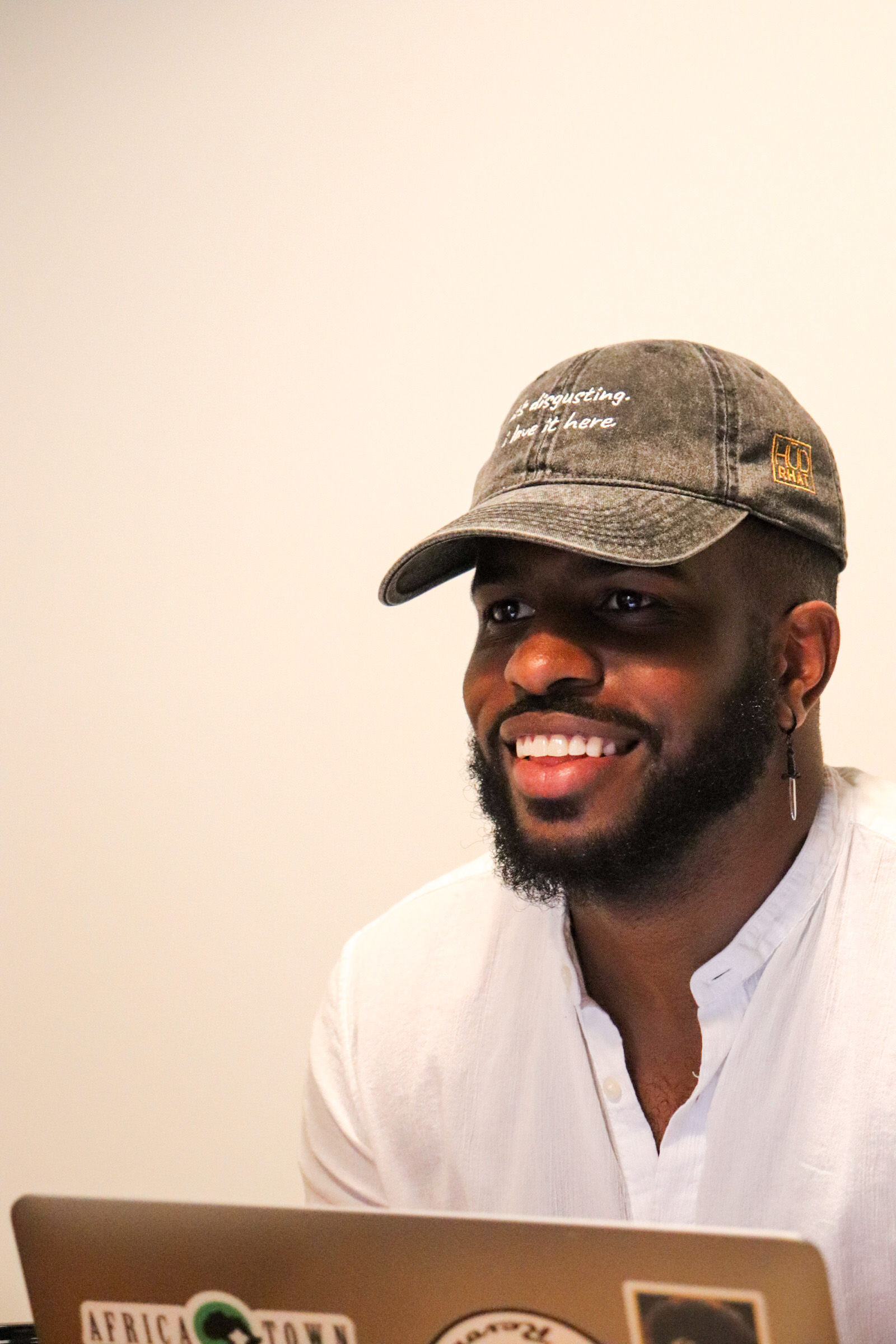How Small Business & Community Development Go Hand-in-Hand
- Jawan Harris

- Oct 7, 2024
- 5 min read
When it comes to community development, small business owners stand front and center. We are usually the ones fighting for equal rights to resources and furthering the development of the community through our businesses. Our ultimate goal is to make our communities a better place to live and visit which in turn, makes it rich in opportunity, and helps small businesses, and new ones succeed. Now, you would think this sounds easy enough, but it's not. Because the traditional ways are played out and we need to get a little more creative with how we are reinvesting in our communities.

Here’s why community reinvestment is so important for small businesses, and how you can help support your community.
The Role Small Businesses Play in Community Development
Many small business owners might not realize the giant impact their organization has on the world around them. But here is a short list of the opportunities and roles small businesses play in community development and reinvestment:
Small Businesses Create Jobs in the Community
While a small business hiring a handful of employees might not sound like a big deal to some, those handfuls add up quickly—and majorly affect the global economy. According to the U.S. Bureau of Labor Statistics, small businesses were responsible for 55% of the total net job creation in the United States from 2013-2023. Entrepreneurs who create jobs in low- and moderate-income areas help promote economic self-sufficiency and reduce poverty within the community.
The ability to create small businesses has given more women, minorities, and immigrants the chance to pursue financial independence and build generational wealth. The U.S. Senate Committee on Small Business & Entrepreneurship reported that minority-owned companies in the United States amass nearly $700 billion in sales—an incredible amount of progress for traditionally underrepresented groups.
Small Businesses Keep Revenue in Local Communities
Whereas larger corporations tend to return money to shareholders or make investments in other regions, small businesses often use several ways to reinvest and keep revenue flowing in their neighborhoods.
For starters, small businesses employ residents, and paying those employees directly returns some of the generated money to community members. Small businesses also support other local small businessess in their area as either customers or suppliers. Chefs at restaurants may form close relationships with vendors at neighborhood farmers' markets as they frequently purchase fresh, homegrown produce from them.
There’s also the matter of how local businesses generate a variety of taxes, from the property taxes they pay on their buildings and the sales taxes they produce from selling goods and services. That tax revenue is then reinvested into the community and can be used for everything from road improvements to school funding to even park restorations.
Mold Community Identity
When you go on vacation, you probably aren’t traveling to go eat at McDonald’s and shop at WalMart. It’s the smaller, local businesses that help cities and towns develop their own unique identities. Tourists often prioritize visiting local shops, restaurants, and hotels with a more authentic flavor of the community instead of the generic offerings they can find in most other places.
When your business becomes a cherished part of the community, it might even lead to bigger community changes that could encourage access to more resources for other small businesses in the area. For example, some cities, like Asheville, North Carolina, have laws prohibiting national chain businesses from opening locations in their downtown areas to protect small businesses from unfair competition.
Community Reinvestment Opportunities
There are many ways for small businesses to help reinvest in the communities we operate in, here are a few:
Hiring locally (and paying a fair wage) improves employee morale and reflects positively on your values.
Donating excess products to charities also helps form a stronger community bond. For organizations that might not have the physical resources to spare, volunteering at community events helps establish your presence in the area while also giving back to those most likely to use your services.
It’s also smart to create partnerships with other organizations in the community. Start looking out for local networking events and make a list of potential partners who could be a good fit for your business to work with. Chamber of Commerce meetings are also great ways to find future partners. In fact, it’s partially how King’s Dream became involved in one of our biggest partnerships yet.
How Community Reinvestment is Keeping King’s Dream Involved

Recently, King’s Dream launched the Community Capital Restoration Project (CCRP), a community reinvestment initiative aiming to reduce the barriers facing small business owners from historically resilient communities in our area that were the most impacted by America's War on Drugs.
This program was made possible by our partnership with the Washington State Department of Congress. The funding from their Community Reinvestment Project (CRP) allowed us to determine where we could make the biggest impact and then develop and execute a strategy to properly give back. In fact, the CRP is expected to generate up to $1.6 billion in economic benefits for targeted communities over the next decade.
It’s not just King’s Dream in this partnership, either. Dozens of local organizations have all received funding and have created their own programs to support economic development, whether it’s through reentry services, legal assistance, or violence prevention. The goal is for all of us to work together to create lasting economic benefits, build wealth, and ensure everyone has a fair chance at success.
Get Involved with CCRP with King's Dream
At King’s Dream, we’re offering a variety of services for small business owners through our CCRP initiative. Our main goal is to significantly improve the profitability of small businesses in King, Snohomish, and Piece County through business consulting services and free local workshops.
You can look at our schedule of all upcoming events —and learn more about CCRP—by clicking HERE.
About King's Dream Business Consulting: Founded in 2019, King's Dream Business Consulting is a small business consulting and management firm established initially in response to Seattle's gentrification and displacement of its minority business communities. To Date, King's Dream has served over 200 small businesses nationwide. King's Dream Business Consulting is a leading provider of business advisory services, offering strategic planning, marketing strategies, financial management, operational efficiency, and human resources consulting. Committed to the success of small businesses, King's Dream Business Consulting provides tailored guidance and support to drive sustainable growth.

Samaria Johnson writes many things, hopefully none of which you consider boring. She loves taking complex information and breaking it down into engaging, understandable content. Samaria’s goal is to only use her words in ways that help make the world a better place.














Comments